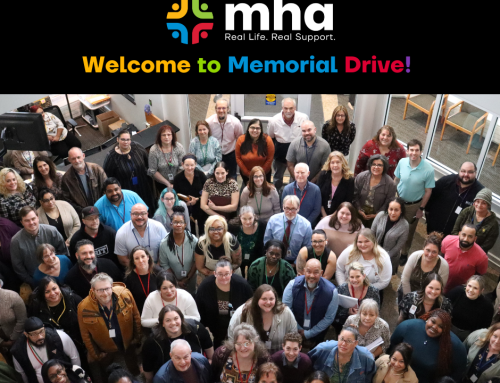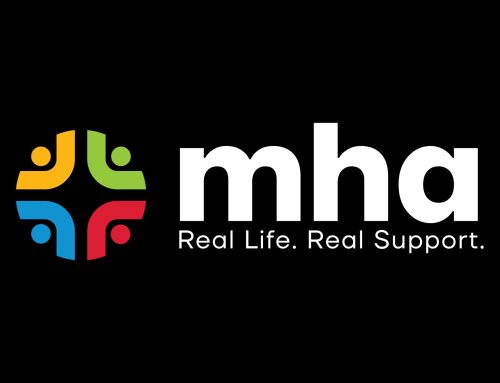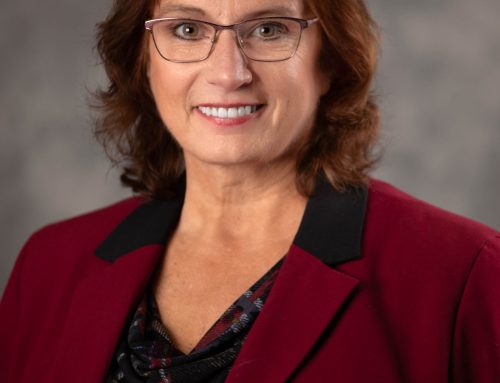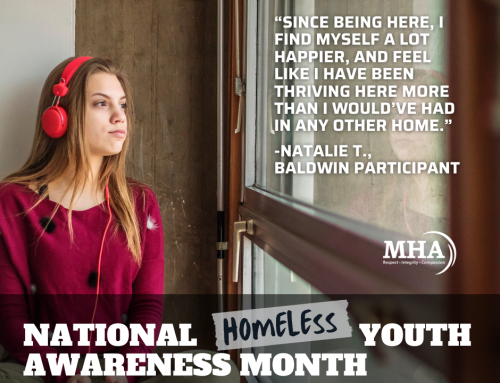(Pioneer Valley – March 14, 2022) The Mental Health Association has been awarded a $460,000 contract to provide rapid re-housing services to individuals in early recovery with a diagnosis of opioid use disorder, stimulant use disorder or history of opioid overdose, and at risk for homelessness as they leave residential treatment programs in the Holyoke-Springfield area funded by the Bureau of Substance Addiction Services (BSAS).
The services are designed to secure housing quickly with a package of assistance to facilitate this and help to maintain it.
The contract’s provisions include for short-term, that is 12 months, of rental assistance, for 12 to 15 individuals, moving costs, and payment of first, last rental and security as incentives for landlords. It also provides for staffing and training. Funds for the program, State Opioid Response (SOR) Rapid ReHousing, are administered partly by the Department of Housing and Community Development (DHCD) from a federal SOR grant to the Massachusetts Department of Public Health’s BSAS.
Olivia Bernstein, Clinical Director of Homeless Housing for MHA, called housing a “cornerstone for successful recovery,” and said MHA is “very excited to partner with DHCD on “this new MHA initiative and thankful “for their recognition that our housing efforts produce both measurable and meaningful outcomes.”
Recovery-focused supportive housing is seen as key in helping vulnerable individuals, and MHA combines such support with the housing services it offers individuals who may be homeless, at risk for being homeless and may be in early recovery as well.
“The prioritization of housing, supported by services, is considered central to stabilization for individuals in the early stages of their recovery from substance use,” said Bernstein, a licensed clinical social worker. “Good-quality, affordable and safe housing is a vital social determinant of health which enables individuals to live in fully integrated settings in their home communities.”
She added, “We are also extremely grateful to the Commonwealth for their recognition of the important role housing plays in an individual’s ability to maintain and sustain their pathway to long-term recovery.”
Rapid re-housing has been done as a temporary, short-term solution to help someone homeless or at risk for housing insecurity, maintain stability and access needed services, and federal money is now extending this approach in Massachusetts to people in early recovery from substance use involving or related to opioids and at risk for homelessness.
The statewide program funded with a grant from the United States Substance Abuse and Mental Health Services Administration (SAMHSA) is expected to launch in April.
SOR RRH providers will accept referrals from BSAS-funded residential treatment programs. Families and single adults who meet requirements, including a reasonable expectation of future stability, will be eligible. Households served will be able to access up to 12 months of rental support which can be extended on a case-by-case basis.
For more information, contact Olivia Bernstein at obernstein@mhainc.org






